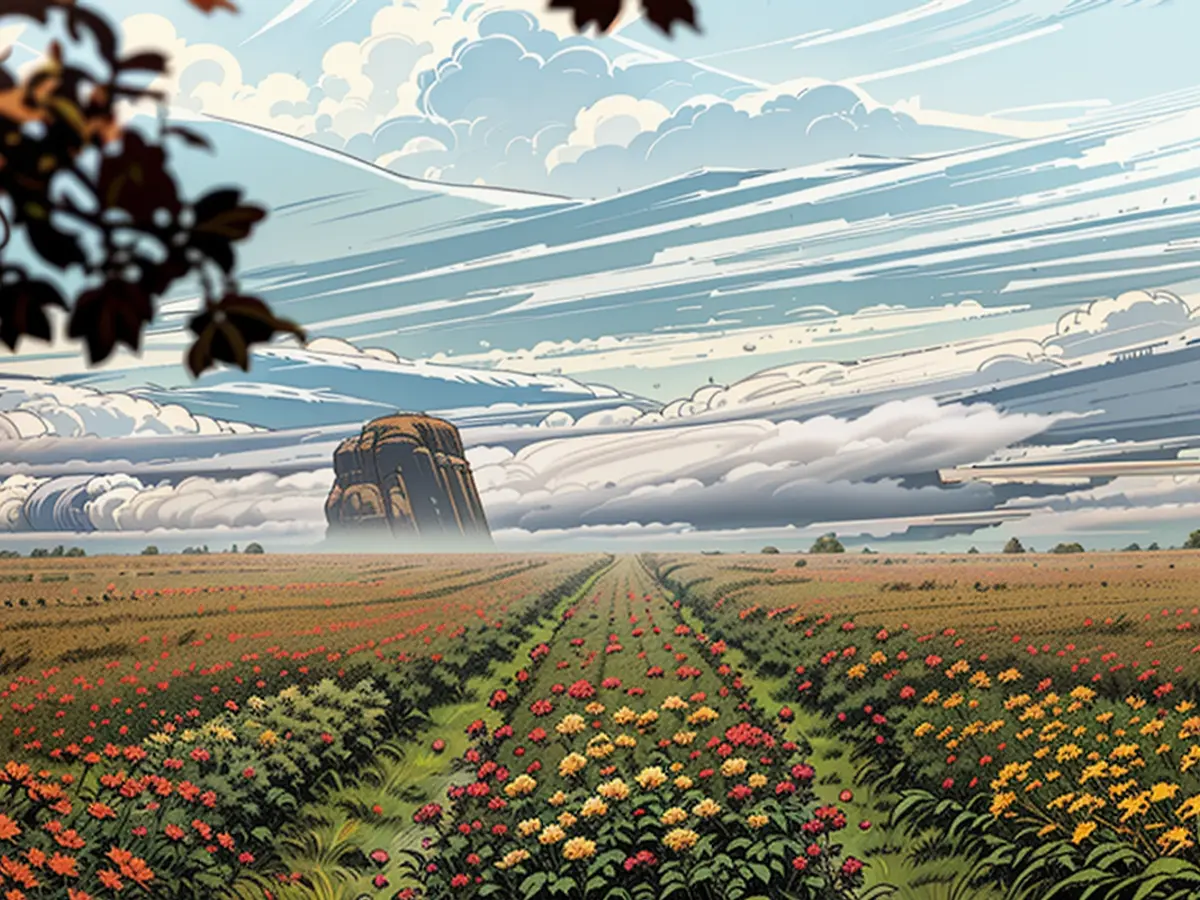Agriculture - Much rain, little sun - difficult harvest for farmers
Large amounts of rainfall and few sun hours determine the grain and rapeseed harvest in Lower Saxony this year. In Southern Lower Saxony, winter barley has already been threshed, while summer barley, oats, and winter wheat are ripe for harvesting, according to the folk in Hannover. The rapeseed must still be harvested - but that has not been possible yet due to the constant rainfall.
For Southern Lower Saxony, Markus Gerhardy, the chairman of the expert council for the Lower Saxony Agriculture and Green Space Strategy, expects a bad year for all crops. With wheat, it can be expected that large parts of the Harvest will not have baking quality and can only be used as livestock feed.
Moisture promotes plant diseases
Although there is enough water this year, the nutrient supply is only average, and plant diseases are increasing due to the heavy rainfall, it was reported. At the same time, the selection of plant protection agents is being further limited, which are very important for stable yield, explained Gerhardy.
In Lower Saxony, according to the folk, around 144,000 hectares of winter barley are currently grown. The yield is 7.3 tons per hectare, which is below the value of the previous year - it was 8.3 tons per hectare then. Lower yields are also expected for winter rapeseed and winter rye. More than half of these crops have not yet been harvested.
The continuous rainfall in Lower Saxony, South, has hampered the harvest of rapeseed, delaying the process significantly. Solar hours, crucial for crop growth, have been scarce in this region, contributing to the challenges faced during the harvest season. The rain amount in Lower Saxony has been significantly higher than usual, affecting not only the rapeseed harvest but also the potential yield of winter barley, winter rapeseed, and winter rye. The city of Hannover, located in Lower Saxony, is also experiencing these impacts on their agricultural sectors. The imbalance in grains and grain products in Lower Saxony this year is largely due to the lower than expected grain yield and the rain-induced challenges in the harvesting process.








